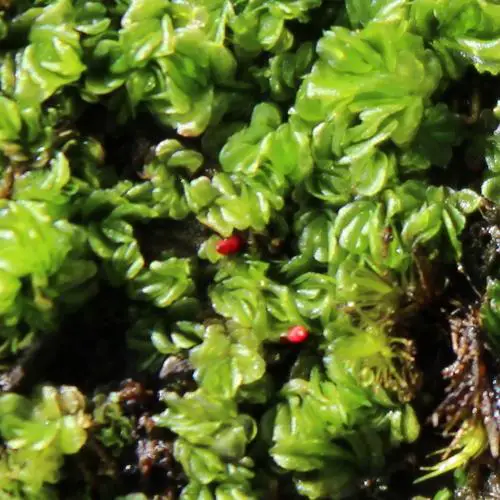
medium.JPG from: https://www.inaturalist.org/taxa/374316-Lethocolea
Lethocolea glossophylla: The Fascinating Moss You’ve Never Heard Of
Introduction
When most people think of mosses, they picture the soft green carpets that cover forest floors and rocks. But there’s a whole world of fascinating mosses out there, including some you’ve probably never heard of before. One such moss is Lethocolea glossophylla (Spruce) Grolle, also known simply as Lethocolea. This unique moss is part of the Acrobolbaceae family and has some truly remarkable characteristics. Let’s dive in and learn more about this captivating little plant!
Background on Lethocolea glossophylla
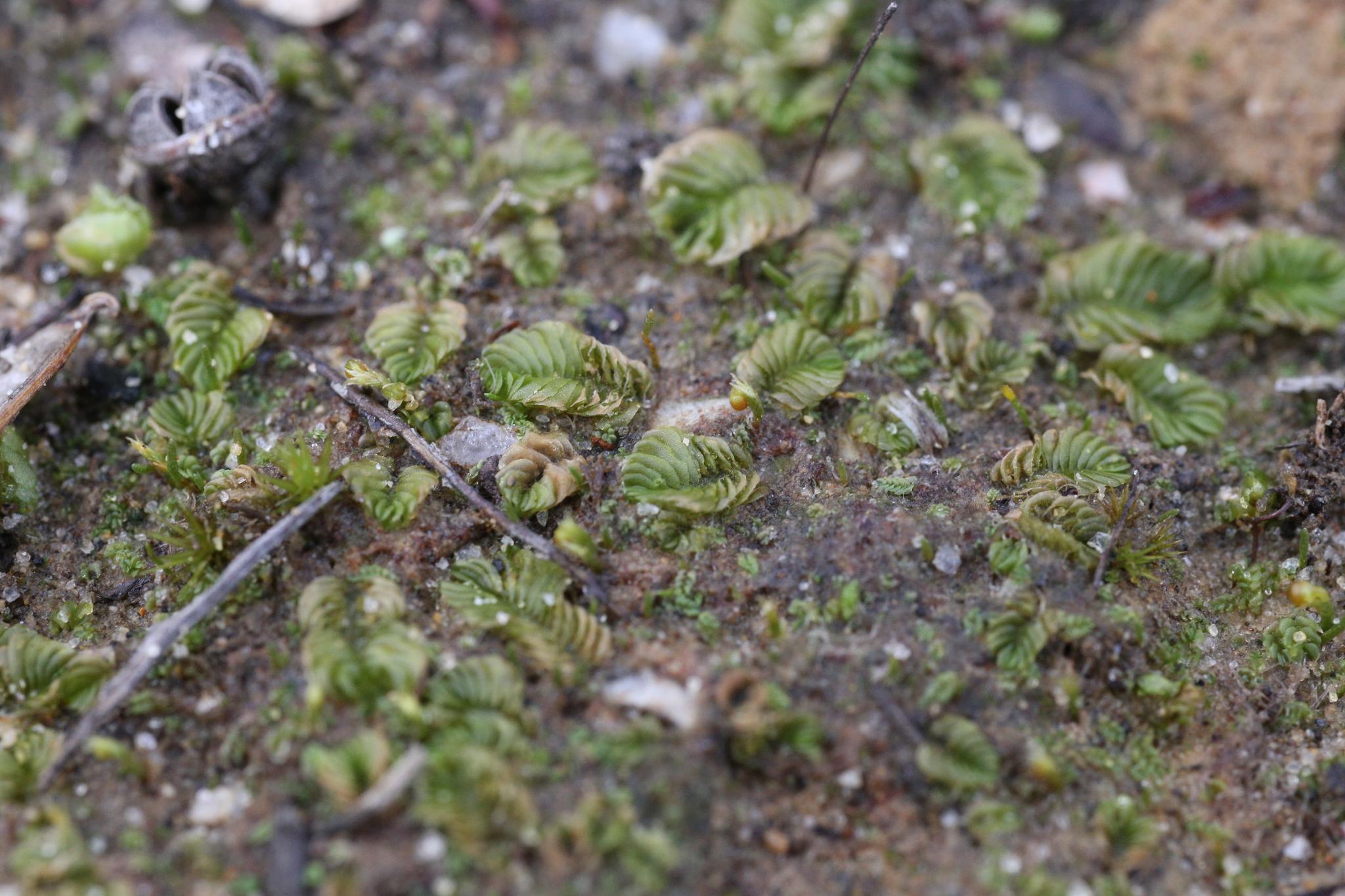
original.jpeg from: https://www.gbif.org/es/species/2689297
Lethocolea glossophylla is a species of liverwort, which are non-vascular plants in the division Marchantiophyta. Liverworts are similar to mosses but have a few key differences. Lethocolea
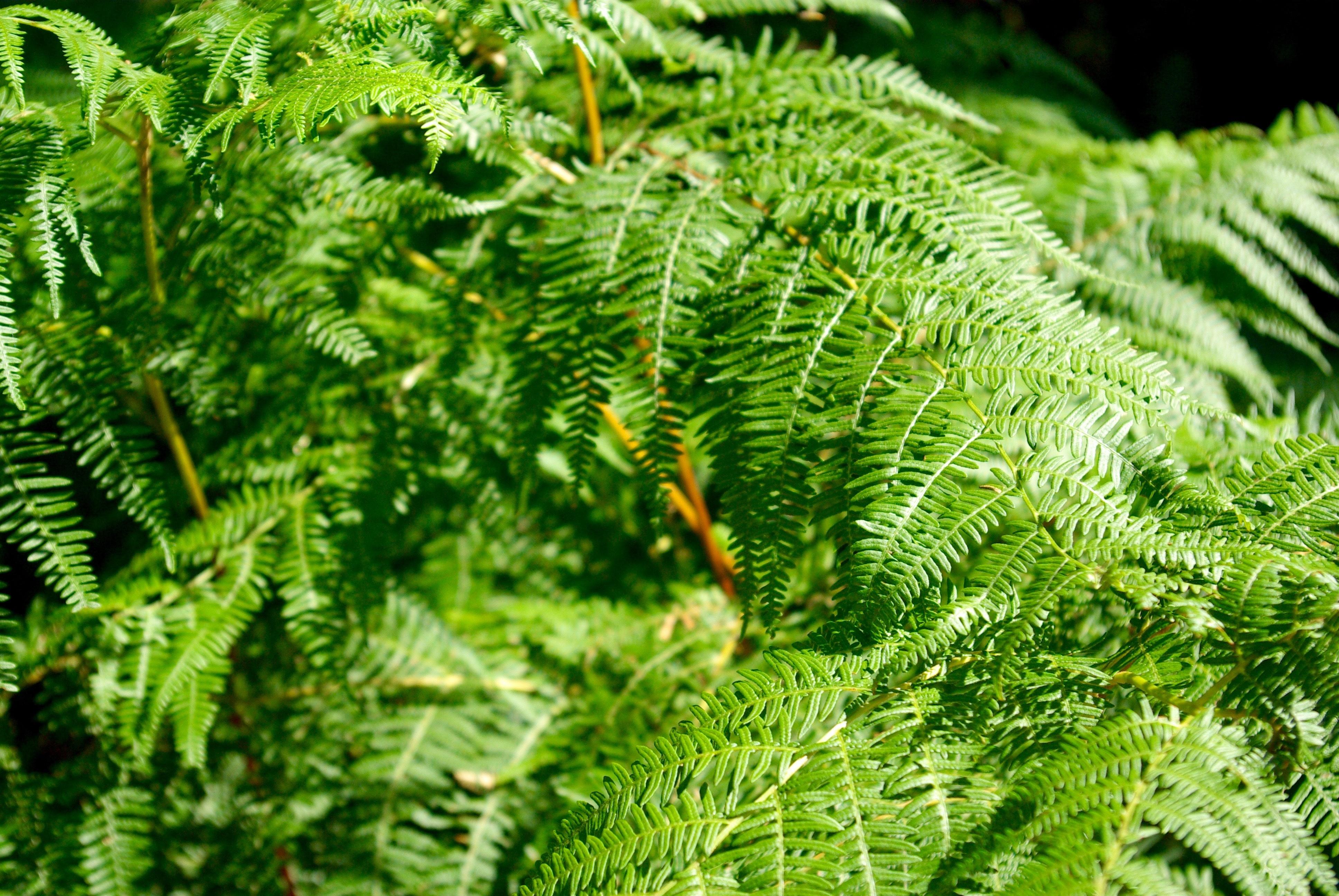
tree-nature-branch-plant-leaf-flower-moss-green-botany-fir-flora-fern-plants-close-up-leaves-spruce-vegetation-rainforest-land-plant-ferns-and-horsetails-vascular-plant-ostrich-fern-1167274.jpg from: https://pxhere.com/en/photo/1167274
is classified in the order Jungermanniopsida.
This particular species was first described by Richard Spruce in 1885 and was originally named Jungermannia glossophylla. It was later reclassified into the genus Lethocolea by Riclef Grolle in 1962. The species epithet “glossophylla” means “tongue-shaped leaves” in Latin.
Morphology and Identification
Lethocolea glossophylla
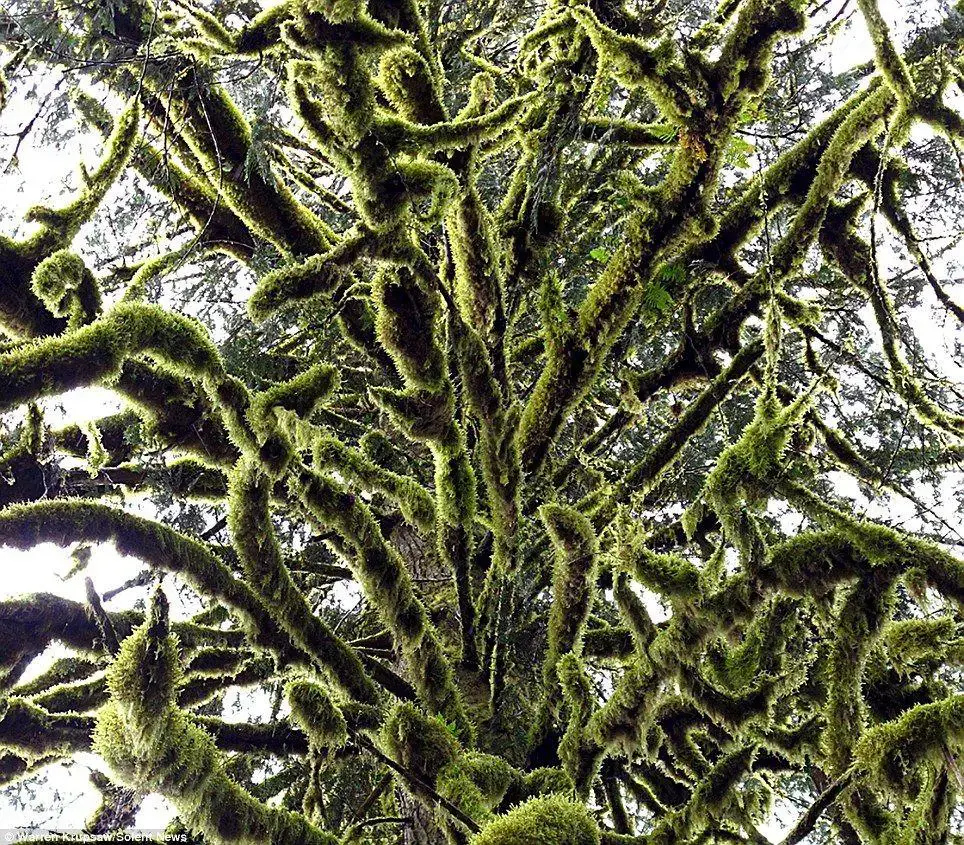
cf2b58505b34bb3a1549782771d9a95a.jpg from: https://www.pinterest.com/pin/405464772672549835/
forms small, delicate mats on its substrate. The shoots are prostrate to ascending and irregularly branched. Leaves are succubous (meaning the upper edge of each leaf overlaps the lower edge of the leaf above it), tongue-shaped to oblong, and typically measure 0.6-1.2 mm long.
The underleaves are much smaller than the leaves and are often hard to see without magnification. Oil bodies, which are membrane-bound organelles containing terpenes and other aromatic compounds, are present in the leaf cells. These can be helpful for identification.
Global Distribution and Habitat
Lethocolea glossophylla has a wide distribution, being found in tropical and subtropical regions around the world including Central and South America, Africa, Southeast Asia, and Oceania. It typically grows on rotting logs, tree bases, and rocks
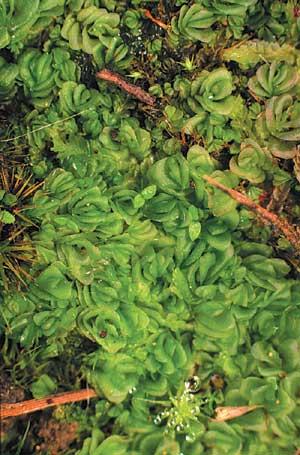
B8.jpg from: https://www.anbg.gov.au/cryptogams/underworld/panel-2/
in humid forests at low to middle elevations.
In the field, look for this species in damp, shaded spots in the forest understory. It frequently grows mixed in with other bryophytes so a careful eye may be needed to spot it.
Ecological Roles and Adaptations
Like other bryophytes, Lethocolea plays important roles in its ecosystem:
- Helps retain moisture and prevent erosion
- Provides shelter and food for micro-organisms and invertebrates
- Involved in nutrient cycling and carbon sequestration
The small size and prostrate growth form of L. glossophylla help it thrive in the humid understory by keeping it in close contact with its substrate where moisture levels remain more constant. The aromatic compounds in its oil bodies likely help deter herbivory.
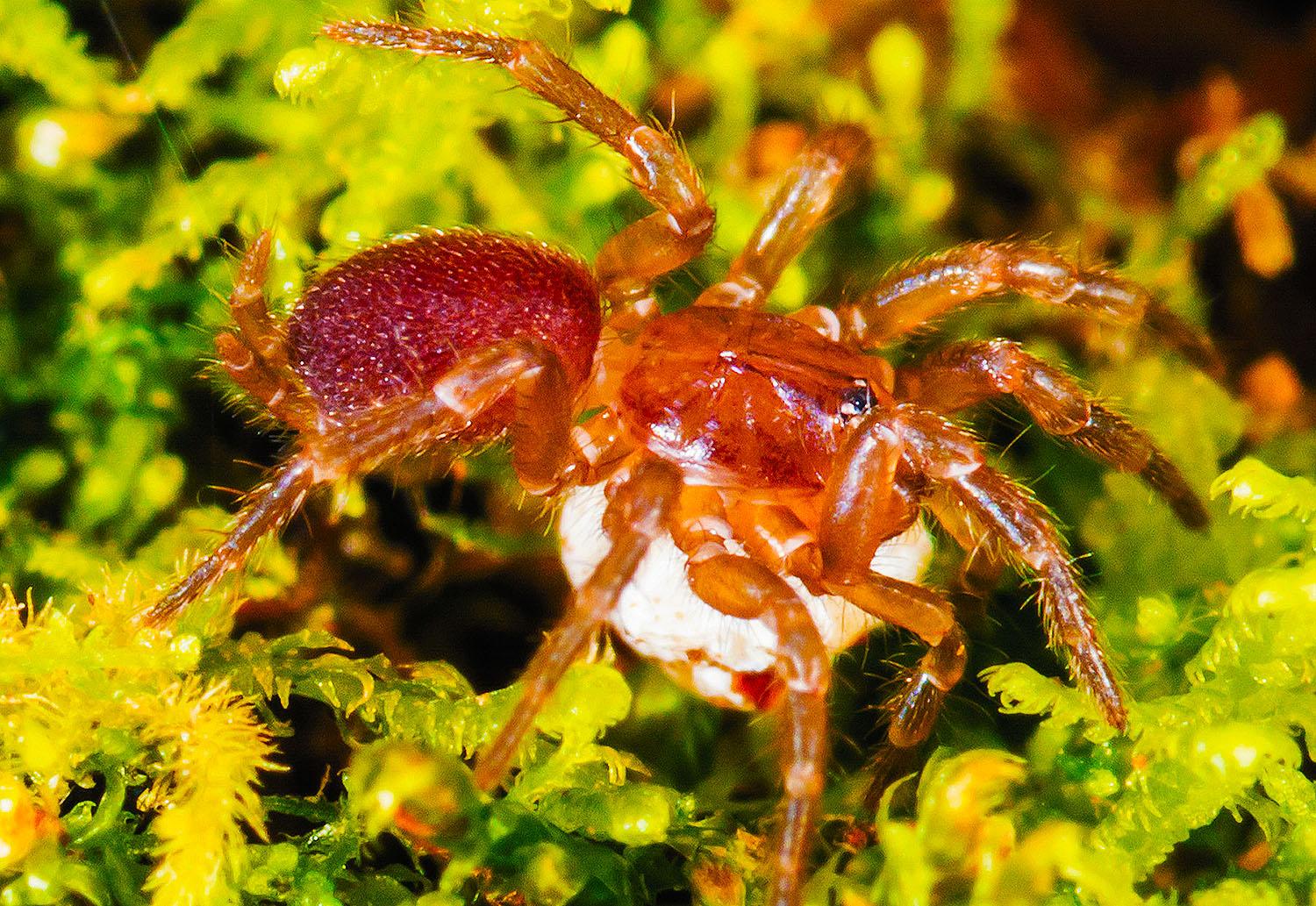
Spruce-fir-moss-spiders_Microhexura-montivaga_1medium.jpg from: https://www.earth.com/image/spruce-fir-moss-spiders/
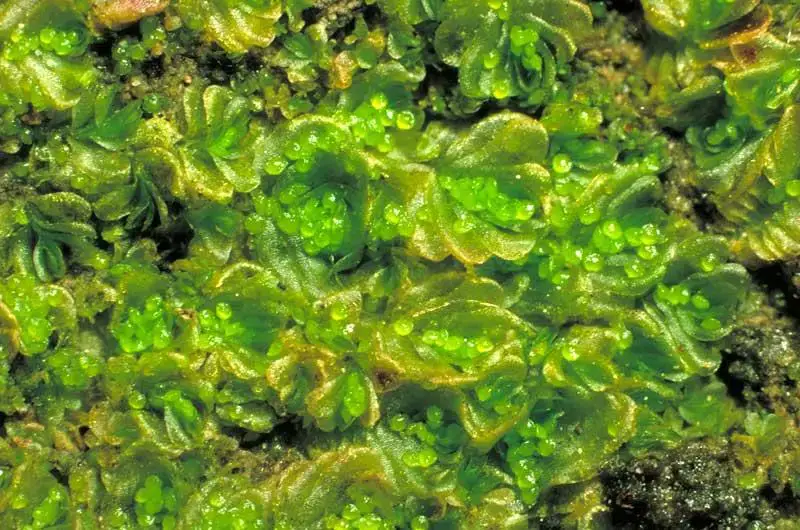
lethocolea-pansa-164.jpg from: https://www.cpbr.gov.au/bryophyte/photos-captions/lethocolea-pansa-164.html
Conclusion
Lethocolea glossophylla may be a tiny and obscure moss, but it has a fascinating biology and plays an important role in tropical and subtropical forest ecosystems around the world. Next time you’re walking through the woods, take a moment to get down on your hands and knees and appreciate the world of miniature wonders growing all around you. You just might spot a patch of
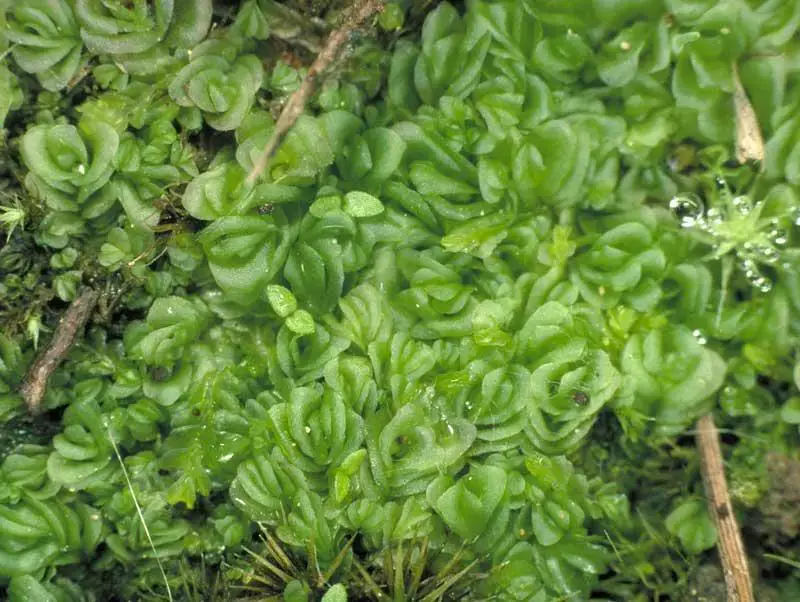
lethocolea-squamata-31.jpg from: https://www.cpbr.gov.au/bryophyte/photos-captions/lethocolea-squamata-31.html
Lethocolea
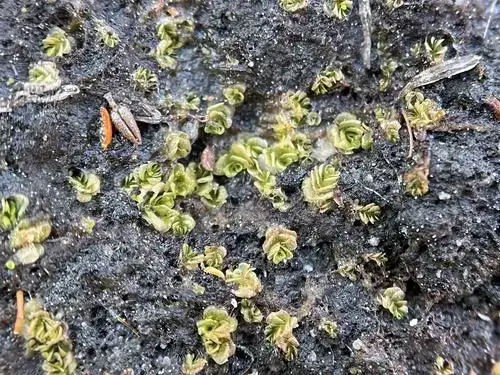
medium.jpg from: https://www.inaturalist.org/taxa/589045-Lethocolea-congesta
on a rotting log and gain a new appreciation for the complex world of mosses and liverworts!
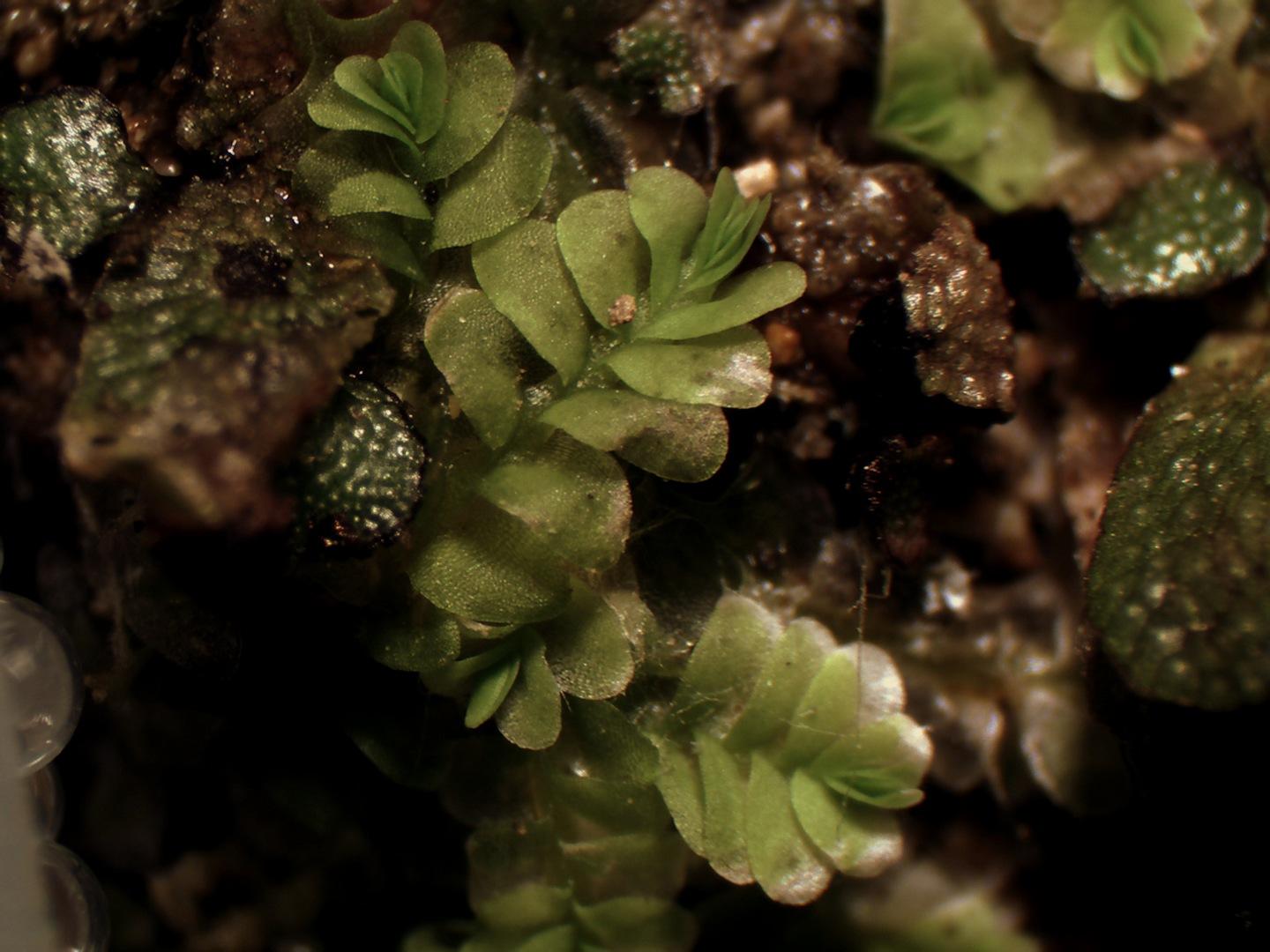
Lethocolea-radicosa.jpg from: https://www.altosdecantillana.org/galeria/flora-no-vascular/